Background
Indonesia’s remote province of Maluku is home to approximately 1.7 million people. According to the country’s Central Statistics Agency (BPS) Maluku is the second happiest province in Indonesia and is home to one of the most culturally diverse populations. Maluku’s fishing and agricultural production are some of the province’s key economic competitive advantages, including production of a considerable portion of the world’s nutmeg. Nevertheless, access to markets is a key challenge for almost all of Maluku.
Maluku is the fourth least electrified province in Indonesia. Its electrification ratio has improved in recent years, increasing from 70.80% in 2011 to 87.12% in 2016 – 77.1% provided by the national electricity company PLN, 9.7% from other sources, and 12.9% have no access – however it remains below the national average of 91.16% (DJK, ESDM, 2016). Seram’s overall average is below the provincial average, with significant differences between access levels in different areas.
In Maluku and North Maluku, more than 99% of electricity is generated using diesel, with only a few independent small-scale solar PV mini-grids. This fossil fuel dependency makes electricity generation volatile, expensive (20 USD/cents/kWh, more than double the national average of 7.39 USD/cents/kWh), dirty, intermittent, and unreliable.
Lack of access to energy has been identified as one of the main obstacles to overcoming regional discrepancies both of a social nature and in terms of production capacity. Access to energy has the potential to improve welfare in the household, enhance social and community services, and enable economic activities. Renewable energy (RE) provides an opportunity to do this while helping Indonesia to meet its climate change goals.
Goal and Objectives
NZMATES’s goal is to increase the uptake of affordable, reliable, and renewable energy to improve social well-being and economic development on Seram and surrounding islands, Maluku Province, Indonesia. NZMATES will partner and collaborate closely with State Electricity Company (PLN) and the Ministry of Energy and Minerals (ESDM) Directorate General for New Renewable Energy and Energy Conservation (EBTKE) to increase the use of renewables and improve energy access.
Summary of objectives:
- Off-grid renewable energy projects progress smoothly towards funding and implementation
- Grid-connected renewable energy projects progress smoothly towards funding and implementation
- Renewable energy skills strengthened
Project period
April 2018 – June 2023
Approach
NZMATES is funded by the New Zealand Ministry of Foreign Affairs and Trade (MFAT), and implemented through a three-way Partnership Arrangement with EBTKE and PLN to jointly coordinate and provide direction for this programme. The programme is being delivered by New Zealand-based renewable energy company Infratec Ltd. and Yayasan Mercy Corps Indonesia.
The support for projects will includes assistance throughout the whole renewable energy project development lifecycle, for example through supporting:
- planning for rural electrification, renewable energy portfolio, and grid expansion;
- project scoping, identification, and appraisal, data gathering, field studies, resource assessments and mapping, and identification of resource potential;
- technical, environmental, and social assessments, including feasibility studies, environmental impact assessments, business plans, and preliminary design;
- community and stakeholder engagement and communication, supporting feedback loops for communities, empowerment and dissemination of information;
- proposal writing, fund raising, identification of financing partners, investors, donors, public funds, and/or finance matching;
- project design and engineering, tendering documentation, work plans, and project delivery planning;
- project logistics, delivery, installation, supervision, and/or commissioning;
- development of business and operational models and strategies for project management, operation and maintenance, to ensure long-term sustainability.
NZMATES will also offer opportunities for training, technical exchange programmes, and interaction between Maluku educational institutions and NZ renewable energy specialists, in order to enhance local public and private sector RE capacity. NZMATES’ focus on supporting and developing the capacity of local stake holders will ensure the programme’s outcomes outlive the five-year implementation period. In addition, there will be a strong focus on community engagement and the mainstreaming of gender throughout activities, to ensure that activities respond to the needs of all community members and bring real benefits to all.
NZMATES is a uniquely flexible and responsive programme, allowing the team to iteratively develop work plans that respond to key partners’ needs and to changing circumstances throughout the lifetime of the programme, to ensure outcomes are achieved.

